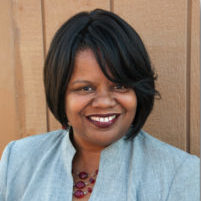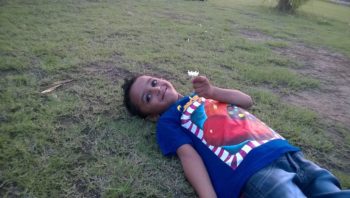 Your Child’s Goal Setting for Academic Successes
Your Child’s Goal Setting for Academic Successes
Behavior: Do We Really Understand Series: Part 3 of 3
During the last two weeks, we have considered what motivates a child’s classroom behaviors. This chart was developed with a behavioral specialist to help students and their parents support growth milestones and academic success. It is just an example. I encourage you to modify the targets with your child’s teacher to meet your child’s needs and individual situation. The philosophy behind the chart is student engagement, monitoring behavior, providing space for conversations about what is expected versus what is really happening, and leveraging agreed upon incentives. The point system neutralizes conflict between the student and educator and/ or a parent. Consistency is the key to success. [Read more…]
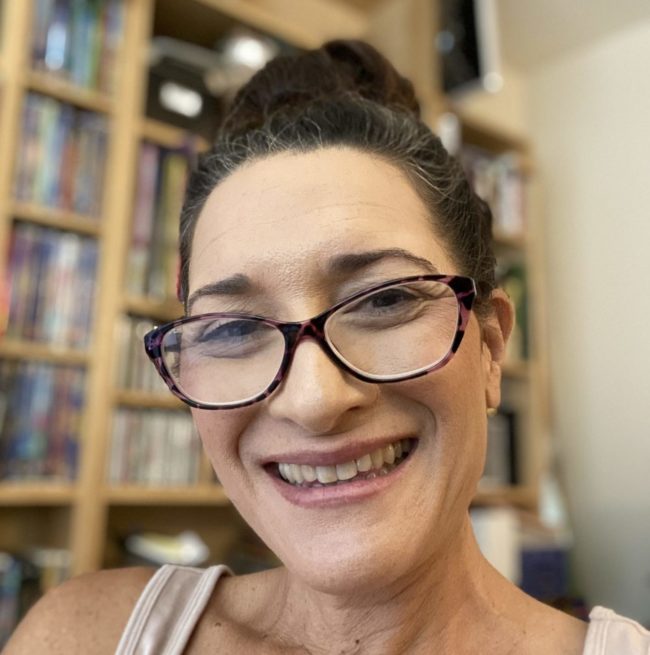
Danielle’s first step in education did not begin with education at all. It began with her first love for science. She received a B.S. in Biological Science, with a concentration in Molecular Biology. Her five years of experience as a chemist in the biotech industry at SYVA and Dade Behring Diagnostics include both areas of quality control and research and development. Her contributions were qualifying products for release to sell to the diagnostic market as well as developing new diagnostic technology for immunoassay detection. Danielle’s subtle transition to discovering her passion for education was through the birth of her daughter. She became a stay at home mom. Her uber volunteerism at her daughter’s elementary school gained her access to her path of education. She now holds a multiple subject teaching credential and M.A. in Education from National University. She has over ten years of experience at Sakamoto Elementary School as an educator in kindergarten, sixth grade, second grade, and a 2/3 combination class. Her teaching is rooted in a constructivist model while fostering independence and accountability in the classroom.
 Help Students Express Gratitude and Brainstorm Solutions
Help Students Express Gratitude and Brainstorm Solutions Research supporting this new focus in learning can be found at
Research supporting this new focus in learning can be found at 
 Supporting Your Child’s Schedule for Distance Learning
Supporting Your Child’s Schedule for Distance Learning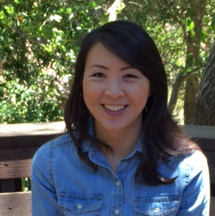
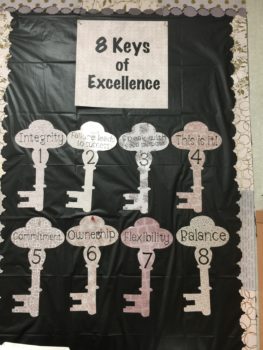 Distance Learning Best Practices for Middle and High School Students
Distance Learning Best Practices for Middle and High School Students 